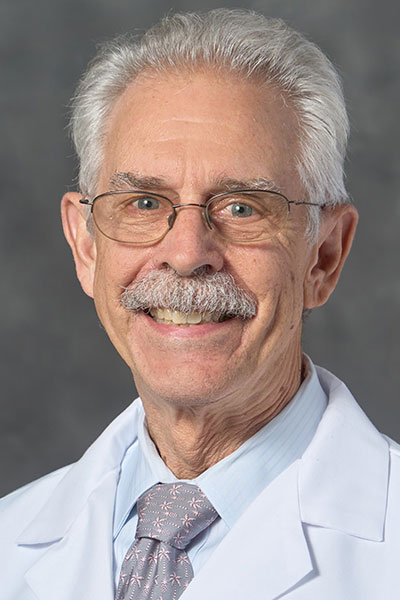
All medical fields evolve, but transformations in critical care are particularly accelerated, according to Daniel R. Ouellette, MD, MS, FCCP.
“There are things happening every day—new technologies, new equipment, new instrumentation, new medications—that are changing the way we practice medicine in the ICU,” said Dr. Ouellette, Chair of the Critical Care Curriculum Group and Chair of the Critical Care Network.
CHEST 2025 will present these latest critical care updates across more than 100 interactive sessions in Chicago, October 19 to 22.
Topics will include cardiac output monitoring, diagnosing and addressing sepsis, best practices in endotracheal intubation, optimal use of artificial intelligence and other new tools in mechanical ventilation, and much more. A two-part critical care year-in-review session will review recently published findings, and ticketed simulation sessions will offer hands-on experiences with critical care procedures.
One session to note, Evidence-Based Care After Prolonged Mechanical Ventilation, will include five interactive mini-presentations by pulmonologists and family medicine specialists from different institutions across the United States. Each presenter will bring their own experience in working with medical teams, patients, and families to ensure the best possible evidence-based practice in this challenging area of care.
“This exchange of ideas and opinions becomes very robust,” said Dr. Ouellette, who serves as an Associate Professor of Medicine at Wayne State University School of Medicine and the Chief of Pulmonary and Critical Care Medicine at Henry Ford Hospital. “You are able to share the things you have learned in your environment and take home new ideas and constructs.
“I certainly know many instances where we have learned something at a meeting and came back to change policy at our own hospital because what somebody else was doing seemed better,” he added. “And then there is the fascinating part where you find that you are doing many things in the same way as someone from around the world. Both those similarities and differences are compelling and give us a robust educational experience that we wouldn’t get at our home hospital.”
Dr. Ouellette stressed that the CHEST 2025 critical care program includes courses for learners of all experience levels, including seasoned clinicians. For example, the course Advanced Management of Neurologic Emergencies in the ICU will share experiences in overcoming clinical errors and improving patient outcomes in ICU neurologic emergencies, including intracerebral hemorrhage management and neurologic complications in pregnancy.
Another session, Leadership Skills for the ICU: In Fellowship and Beyond, is designed specifically for midcareer professionals who manage or are preparing to manage an ICU. For clinicians working in critical care, leadership roles might arise unexpectedly. Dr. Ouellette noted how, at the start of the COVID-19 pandemic, ICU doctors often found themselves suddenly in charge of an influx of assisting clinicians from other fields and specialties.
“The knowledge of how to work in an ICU is very important, and those of us who are engaged in this field need to be leaders in the field,” he said. “There may be times in the future when we’re called upon to direct teams that don’t have our experience but who need to work with our patients for the general good.”

Call for Topics Is Open
Feeling inspired by all the great sessions in Chicago? Help shape the curriculum for CHEST 2026, October 18 to 21 in Phoenix, by submitting topic ideas from areas you’re passionate about, topics affecting your practice, or new technologies you’d like to learn more about. The submission deadline is Tuesday, December 2, at 2 pm CT.


